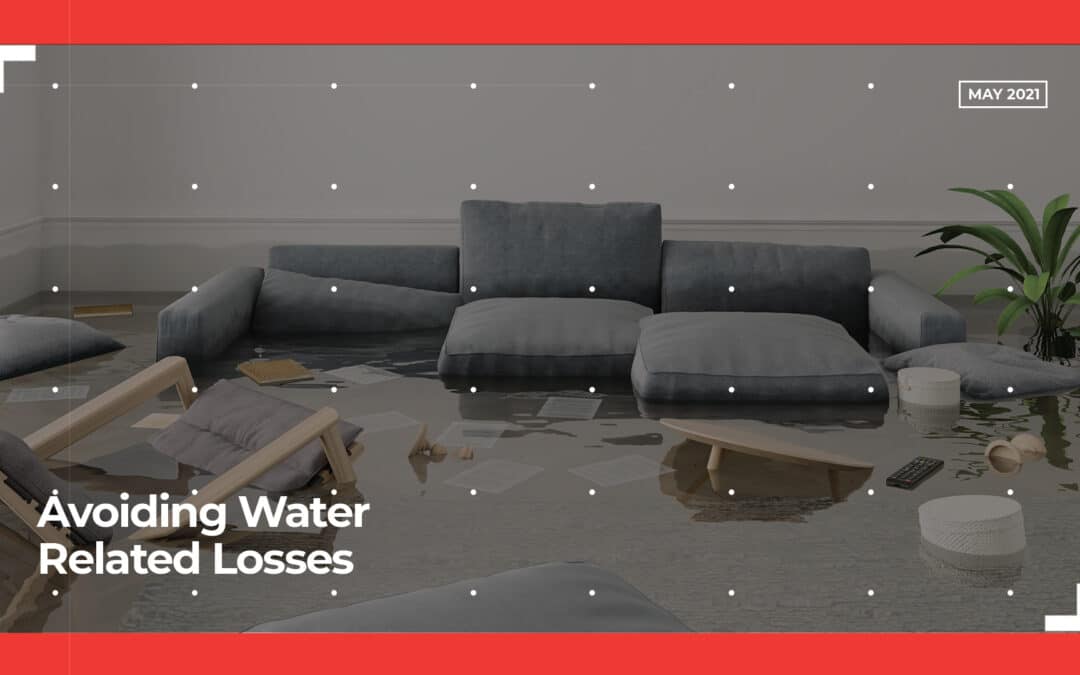According to the Insurance Bureau of Canada, catastrophic losses total about $2 billion per year. Water damage accounts for the majority of this. There is one recurrent trend his team sees among claimants, according to Shawn Little, Director of Technical Property and Catastrophe at Economical Insurance. That is the regret of not having taken the proper precautions before a severe weather incident occurs.
Licensed insurance brokers are in a unique position to help their
Regular maintenance
“There are many simple and cost-free steps that homeowners can add to their regular maintenance schedule to limit some of the negative effects of catastrophic events,” says Little. “Keeping nearby storm sewer grates clear of yard waste, leaves, garbage, ice, and snow, for example, can go a long way to prevent the worst outcomes in the event of flooding.”
Brokers may advise their customers to:
- Seal foundation cracks
- Stop pouring grease and other fats down the drain
- Keep eavestroughs and downspouts clean
- Buy a backup power supply for their sump pump
- Use imaginative landscaping to allow water to flow away from their home
When it comes to stopping or minimizing water dredging, small improvements in
Optional coverages
Helping consumers prevent the dreaded reality that they aren’t insured for the types of damage they assume they are is also critical. Overland water and sewage backup are two of the most common culprits. Although these optional coverages are becoming more widely available, they are often overlooked. Customers may be reminded by brokers to check their property policies and consider buying additional coverage.
Insurers, too, have a part to play in consumer education. Economical works with the Canadian Red Cross to ensure that Canadians are prepared in the event of a disaster. The Red Cross has been able to host hundreds of personal emergency preparedness sessions as a result of this collaboration. This helps to ensure a secure future for thousands of people in communities around the world. When it comes to assisting brokers, Little says, “Economical wants to make it as easy as possible. We have more than 250 blog posts on our website for brokers to share, about everything from draining your home’s pipes to how to know if you have flood coverage.”
In a nutshell, insurance is preparing for the worst and hoping for the best. Cleaning downspouts and checking insurance plans are perhaps the last things on consumers’ minds when bright skies are in the forecast. But, insurance professionals know all too well that an ounce of prevention is worth a pound of cure when it comes to water getting into places it shouldn’t.

